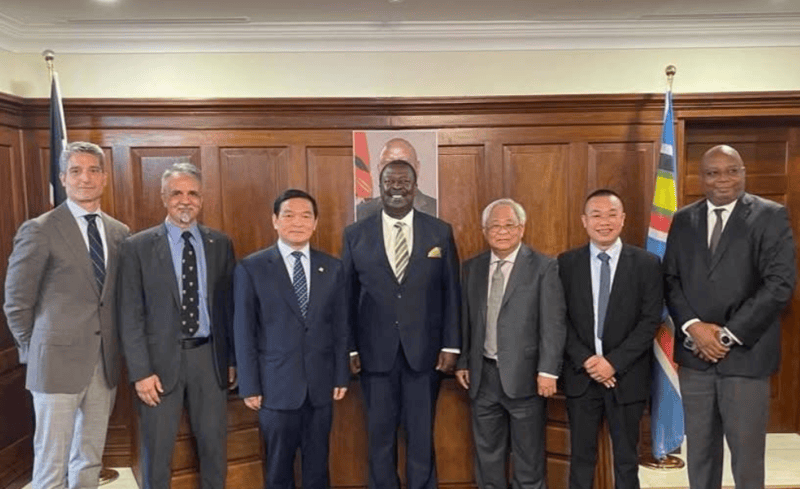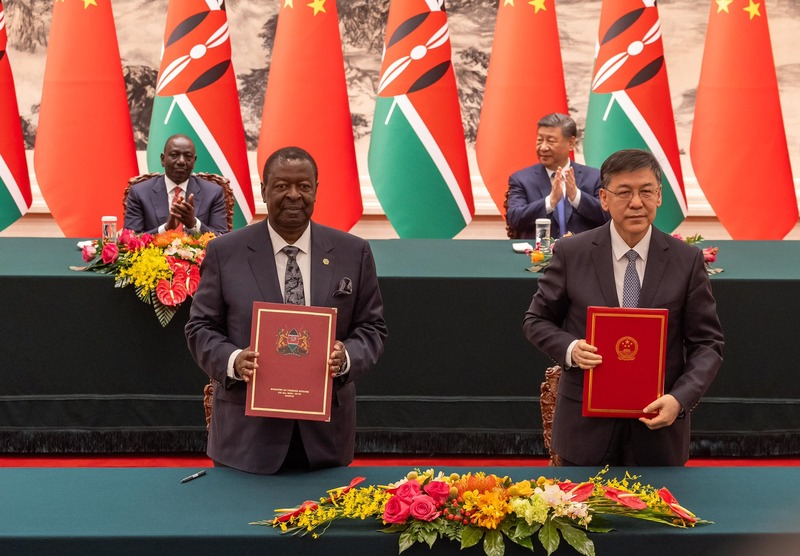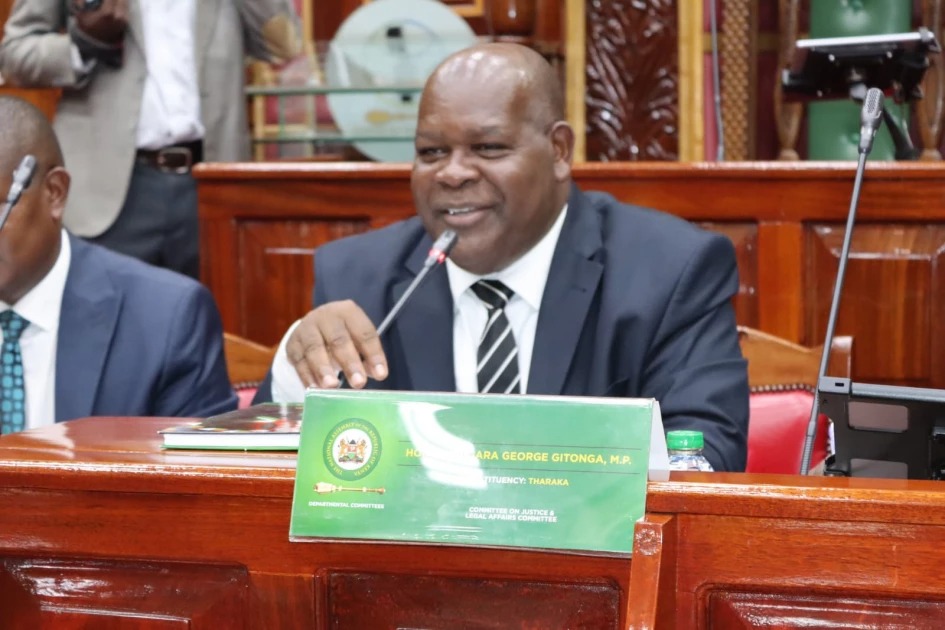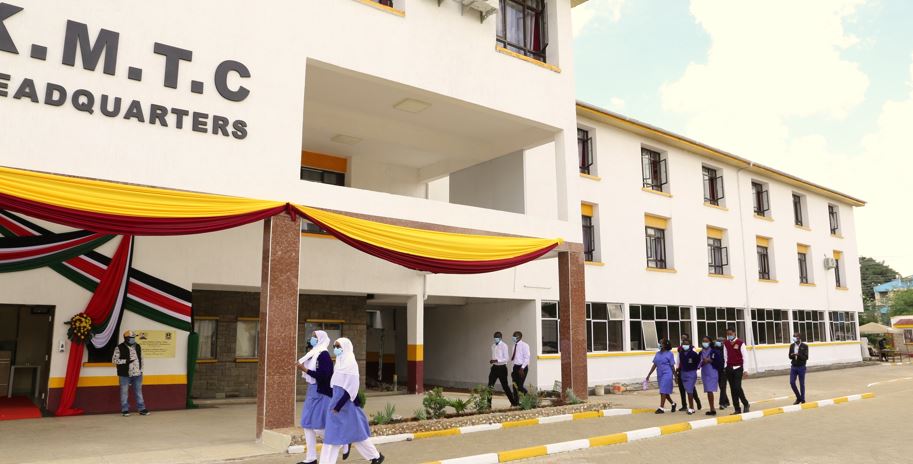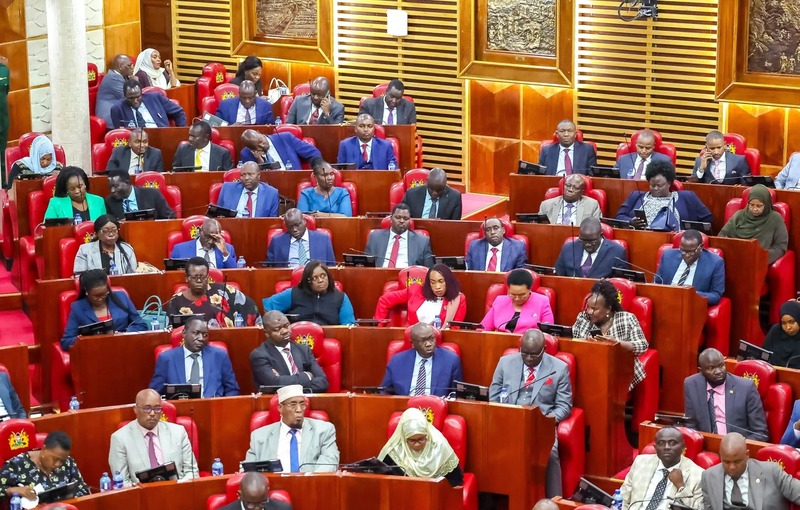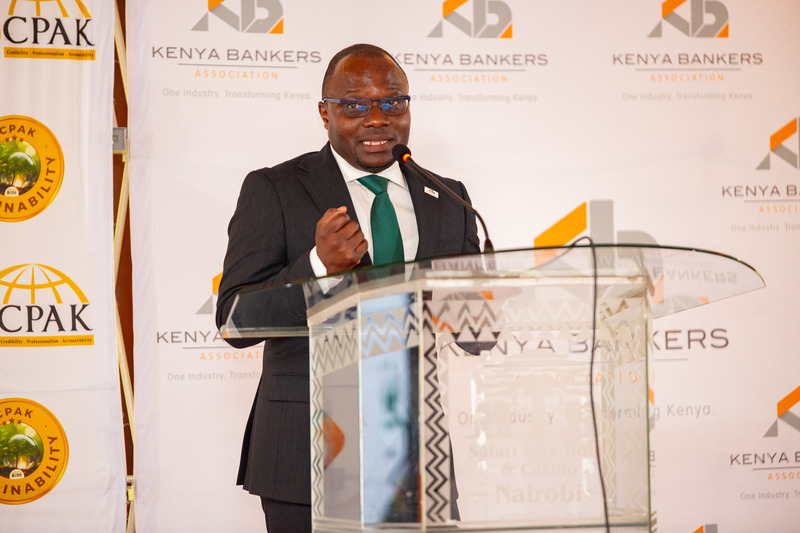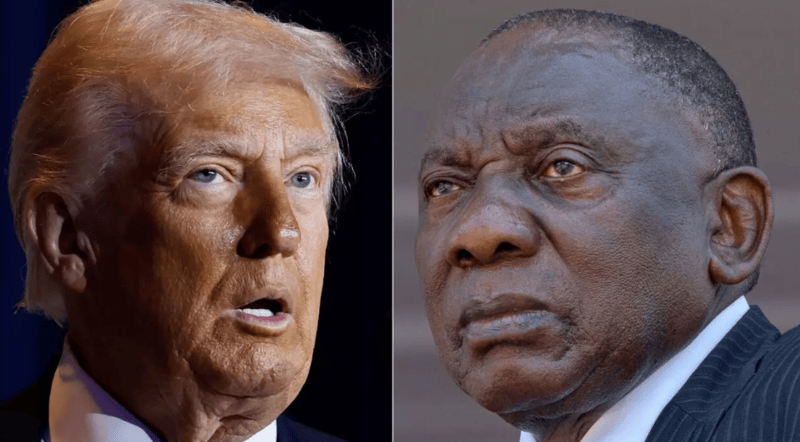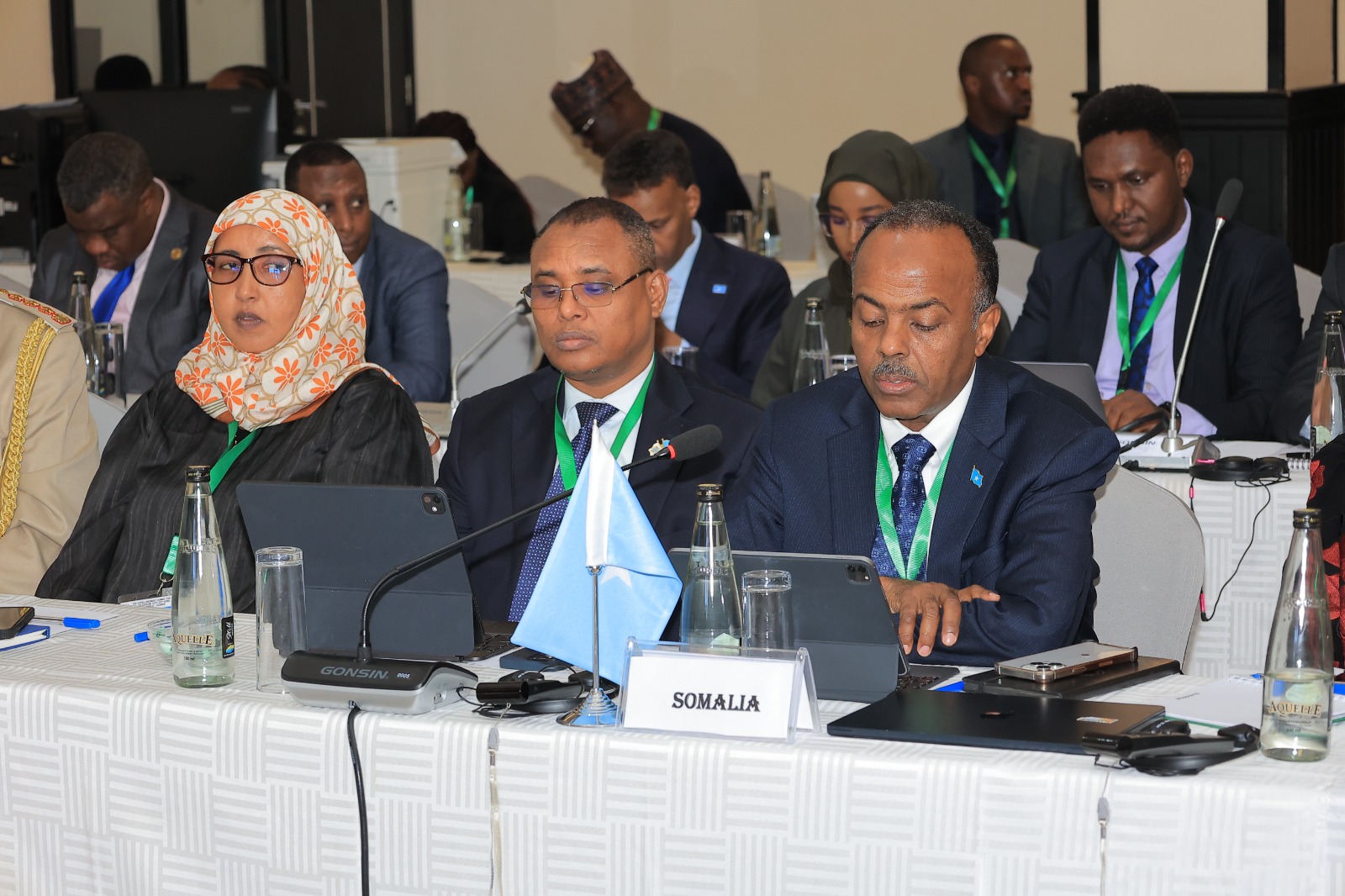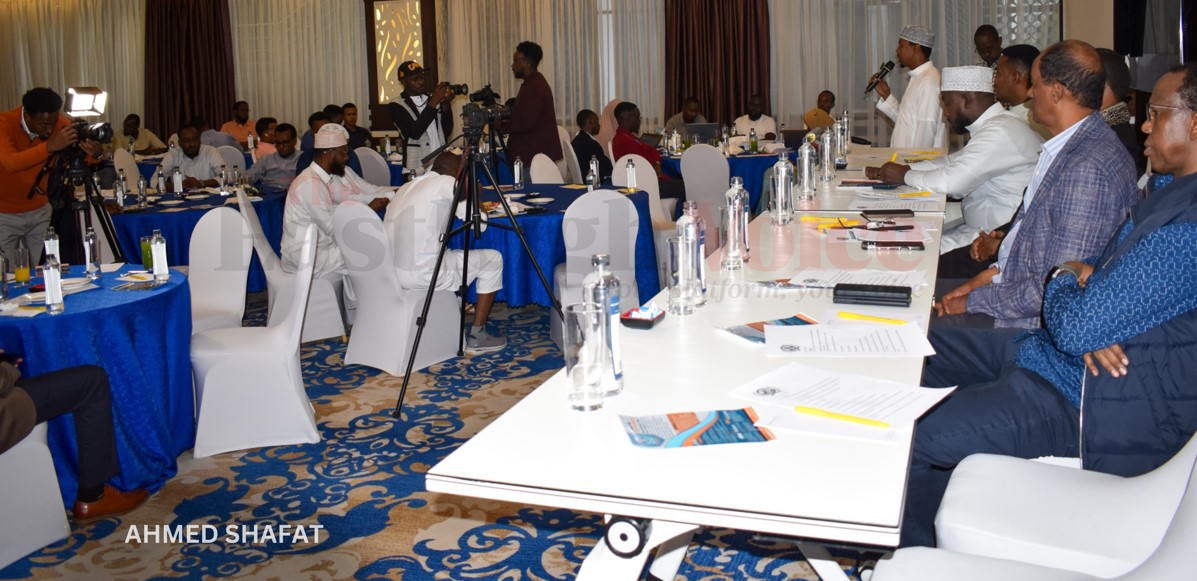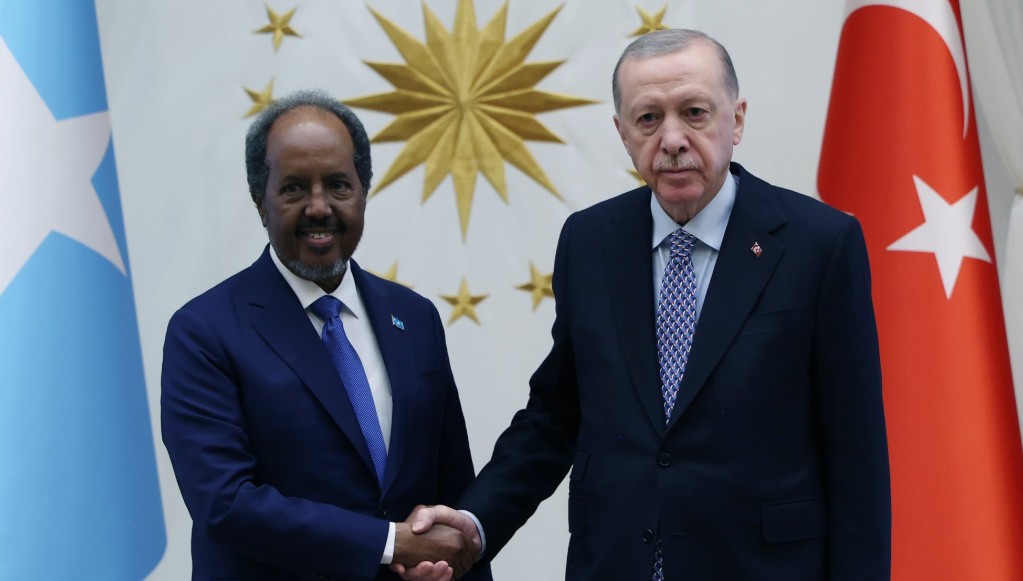IEBC nominee questions Ruto’s unchecked power in appointing commissioners
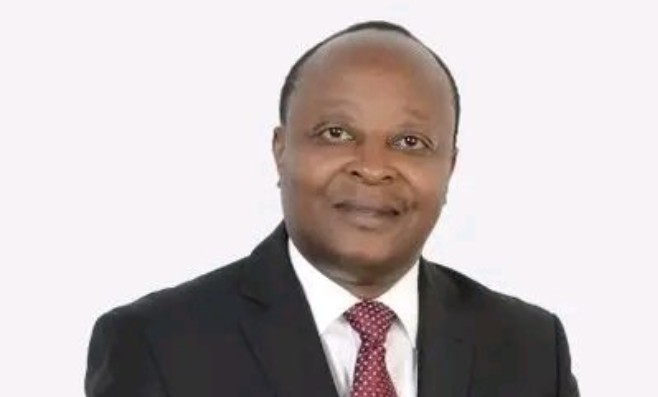
Wanjao said the often stormy relationships among commissioners could be attributed to personality clashes and recommended that the commission’s identity should not revolve around any one individual.
Eliud Wanjao, a nominee for member of the Independent Electoral and Boundaries Commission (IEBC), has questioned the fairness in allowing President William Ruto to have the final say in appointing IEBC commissioners, arguing that the law gives him unchecked discretion.
Wanjao, a former senior assistant commissioner at the Kenya Revenue Authority (KRA), expressed concern that the President is not required to explain his choices when selecting or rejecting candidates from the list submitted by the selection panel.
More To Read
- Civil Society raises alarm over credibility of 2027 polls following shortlisting of Ruto allies
- MPs slam IEBC for mishandling Sh4.39bn in legal fees, demand urgent reforms to prevent overspending
- Katwa Kigen quits race for IEBC commissioner job, citing suitability concerns
- Opposition raises polls impartiality concerns over IEBC nominees' connections to President Ruto
“At the end of the exercise, you [the selection panel] will be submitting two names for chairman and nine names for member… Do you think under the principles of neutrality that is a fair thing in terms of what the law says, or it should be amended?” Wanjao posed to the panel.
He added: “It is a situation whereby the President will pick XYZ and drop XYZ and is under no obligation under the law to make an explanation of why he dropped X and picked Y.”
In response, the selection panel’s chairperson, Nelson Makanda, said their mandate is strictly guided by existing laws and frameworks governing the selection of commissioners.
“I may not be able to speak to the fairness of it — whether it is or not — but the laws in Kenya are made through the National Assembly and public participation,” Makanda said.
“It is the laws that Kenyans have ventilated on, and so we follow the will of the people of Kenya.”
Wanjao appeared before the panel to be vetted for one of the vacant commissioner posts.
During the session, he was asked to clarify why the IEBC had gazetted him as an independent candidate for Kirinyaga senator in the 2022 elections when he was actually Wangui Ngirici’s running mate in the Kirinyaga gubernatorial race.
He blamed the electoral body for the mix-up, claiming he had taken steps to have the error corrected.
“It was a mistake… and they removed it because at the end of the day, it was impossible [to be a candidate for both seats],” he said.
“It is a mutually exclusive situation for one to vie as deputy governor when you are also vying as a senator.”
Wanjao pledged that, if appointed a commissioner, he would push for a thorough audit of the candidate register before it is made public to prevent similar errors in future.
“If somebody intends to vie for a certain position and then withdraws and they don’t remove him from the roll, then I think it is wrong,” he said.
“I would ensure that the register of candidates is inspected and audited before it is published so that what goes to the government printer for gazettement is actually bona fide contestants. Otherwise, it is mistakes such as those ones that will make us have dead voters in the roll.”
On the internal workings of the IEBC, Wanjao said the often stormy relationships among commissioners could be attributed to personality clashes and recommended that the commission’s identity should not revolve around any one individual.
“I would actually attribute the stormy relations between the chairman and the commissioners to personality issues,” he said.
“One of the things that we may need to look at as a commission is to de-personify it. We have had a situation whereby the commission is synonymous with the name Chebukati (former chairman), for example.”
Wanjao also disputed the IEBC’s past explanation that its election results portal merely mirrors data from its server, warning that the back-end system must be auditable for transparency.
“The server is the back-end infrastructure of the system. If you have fake polling stations, you can interfere with what the server is transmitting to the portal,” he said.
“You can actually instruct the portal to show only what you intend to do. Having an electoral system that can be audited means people should have access to the system to ascertain who logged in when, what time and what he did.”
Meanwhile, reappearing before the selection panel, Erastus Edung — who had earlier been interviewed for the position of IEBC chairperson — outlined his understanding of the commission’s role in redrawing electoral boundaries, one of the key pending assignments.
He said population, geographical features and community interests should be the key considerations in the review process, as stipulated in the Constitution.
“Those are the parameters that have been specified in the Constitution,” Edung said.
Before effecting changes, he noted, commissioners must hold public hearings in affected constituencies and wards, prepare a report, and submit it to Parliament.
“The IEBC must anticipate petitions from interested parties and factor in the 30 days for filing them and six months for courts to resolve them per the Constitution,” he said.
Top Stories Today

